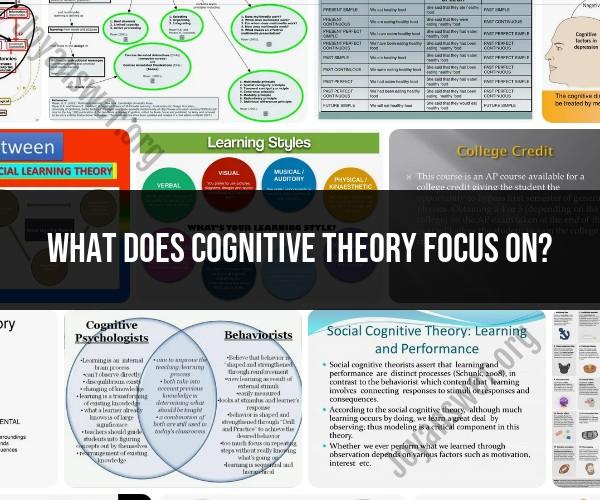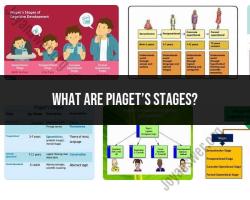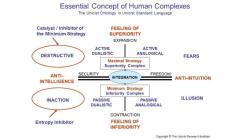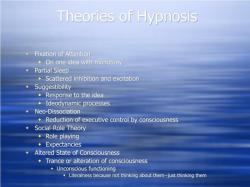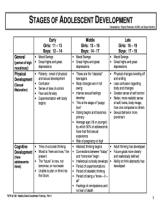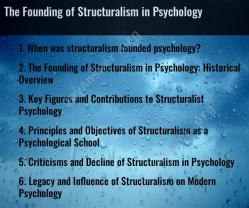What does cognitive theory focus on?
Cognitive theory is a psychological framework that focuses on understanding mental processes, including how people think, perceive, remember, learn, and problem-solve. This theory emphasizes the role of internal mental processes in shaping human behavior and experiences. Key aspects of cognitive theory include:
Information Processing: Cognitive theory views the mind as a complex information-processing system. It examines how people receive, store, retrieve, and use information to make sense of the world.
Memory: Cognitive psychologists study how information is encoded, stored, and retrieved from memory. This includes long-term memory, short-term memory, and working memory.
Perception: Cognitive theory investigates how individuals perceive and interpret sensory information from the environment. It explores how people construct mental representations of the world.
Problem-Solving: Cognitive psychologists study problem-solving strategies, decision-making processes, and how individuals approach and solve complex problems.
Language and Communication: Cognitive theory delves into the cognitive processes involved in language comprehension, production, and communication. It examines how language is processed and how it influences thought.
Learning: Cognitive psychologists explore how people acquire knowledge and skills, including the role of attention, memory, and cognitive processes in the learning process.
Cognitive Development: Cognitive theory, as popularized by Jean Piaget, focuses on the stages of cognitive development in children and how cognitive abilities evolve over time.
Metacognition: This concept involves awareness and control of one's cognitive processes. It explores how individuals monitor and regulate their thinking and learning.
Schemas and Mental Models: Cognitive theory emphasizes the role of schemas (cognitive structures) and mental models in shaping perception and understanding. People use these frameworks to interpret information.
Attention and Perception: The theory looks at selective attention and how individuals filter and focus on specific information while ignoring irrelevant stimuli.
Cognitive Biases and Errors: Cognitive psychology examines cognitive biases and errors in thinking, including how individuals may systematically deviate from rational or objective decision-making.
Problematic Thinking Patterns: Cognitive theory explores issues like cognitive distortions and irrational beliefs that can lead to emotional and psychological problems.
Overall, cognitive theory provides insights into the inner workings of the human mind and aims to explain how individuals process information, solve problems, make decisions, and ultimately behave. It has practical applications in various fields, including education, clinical psychology, cognitive therapy, and human-computer interaction, among others.
Focus of Cognitive Theory: Understanding the Mind
Cognitive theory is a branch of psychology that focuses on understanding how the mind works. Cognitive theorists believe that the mind is like a computer that processes information. They study how people perceive information, learn new things, remember information, solve problems, and make decisions.
Cognitive Theory's Emphasis on Mental Processes
Cognitive theory emphasizes the importance of mental processes in human behavior. Cognitive theorists believe that our thoughts, feelings, and behaviors are all influenced by our mental processes. They study how these mental processes work and how they interact with each other.
Key Principles of Cognitive Theory
Some of the key principles of cognitive theory include:
- The mind is like a computer that processes information.
- Mental processes are influenced by experience and learning.
- Mental processes are interconnected and influence each other.
- Mental processes can be changed and improved.
Applications of Cognitive Theory in Psychology
Cognitive theory has been applied to a wide range of psychological topics, including:
- Learning and memory: Cognitive theorists have studied how people learn and remember information. They have developed theories and techniques to improve learning and memory.
- Problem-solving and decision-making: Cognitive theorists have studied how people solve problems and make decisions. They have developed theories and techniques to improve problem-solving and decision-making skills.
- Language: Cognitive theorists have studied how people use and understand language. They have developed theories and techniques to help people with language disorders.
- Mental disorders: Cognitive theorists have studied how cognitive processes are related to mental disorders, such as anxiety and depression. They have developed cognitive-behavioral therapy (CBT), which is a type of therapy that focuses on changing cognitive processes to improve mental health.
Critiques and Evolutions of Cognitive Theory
One of the main critiques of cognitive theory is that it is too focused on internal mental processes and not enough on external factors, such as social and cultural influences. Another critique is that cognitive theory is too focused on individual cognition and not enough on social cognition.
Despite these critiques, cognitive theory remains one of the most influential theories in psychology. It has had a significant impact on our understanding of how the mind works and how to treat mental disorders.
Cognitive theory has also evolved over time to address some of its earlier critiques. For example, cognitive theorists now recognize the importance of social and cultural influences on mental processes. They also recognize the importance of social cognition, which is the study of how people think about themselves and others in social situations.
Overall, cognitive theory is a valuable tool for understanding how the mind works and how to improve mental health. It is a dynamic and evolving theory that continues to be influential in psychology today.
